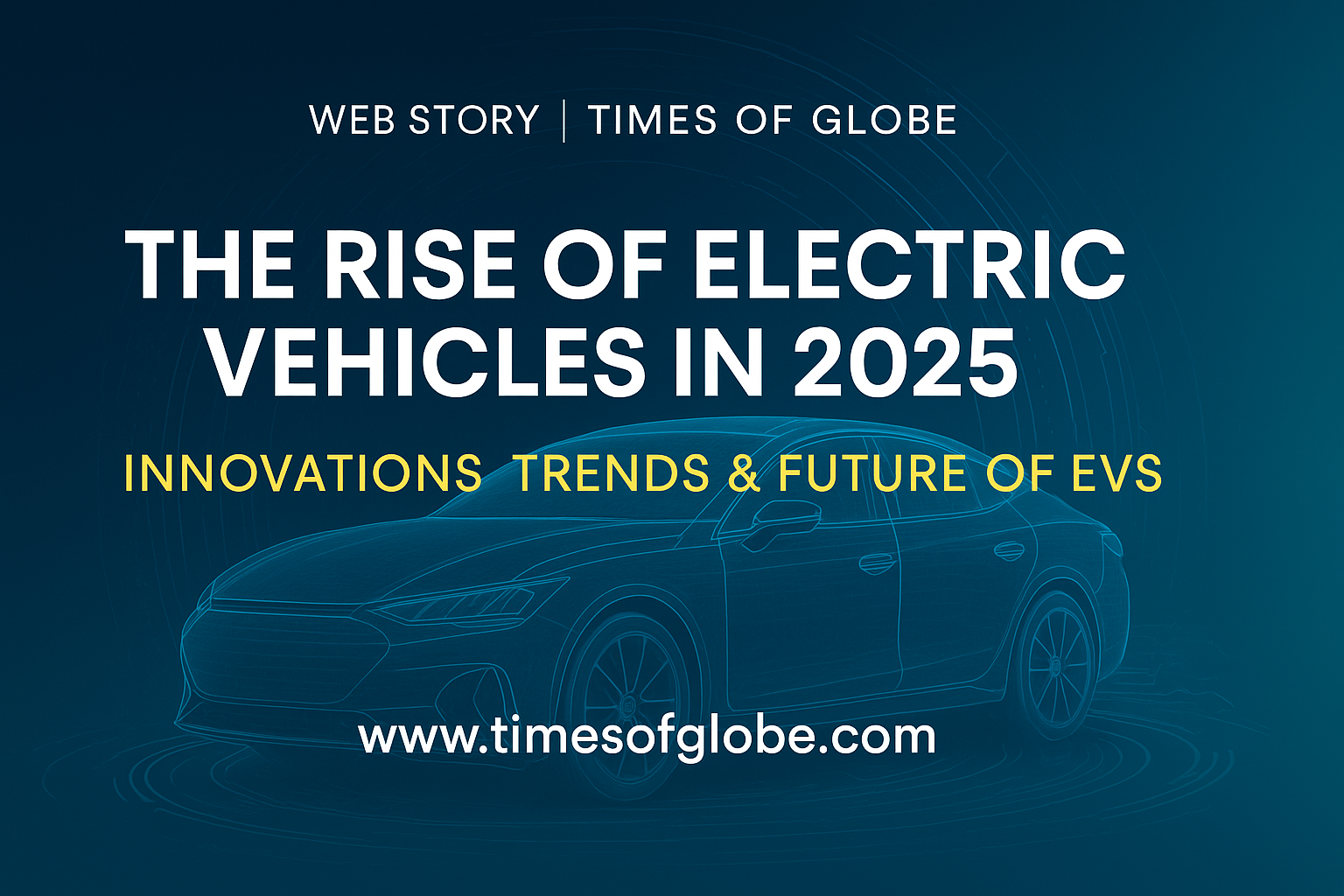Introduction
The global push toward sustainability is more than just a trend; it’s a necessity. In 2025, the renewable energy sector is witnessing groundbreaking innovations that are changing the way we produce, store, and use energy. From solar panels that work at night to wind farms with AI-powered turbines, these developments are not only environmentally vital but also economically promising. This blog explores the top innovations driving renewable energy into the future and why they matter now more than ever.
Focus Keyword:
Renewable Energy Innovations 2025
- Solar Panels That Work at Night
A major leap in solar technology is the development of panels that can generate electricity even after sunset. Using thermoradiative cells and advanced infrared capture, these new panels offer 24/7 solar power, reducing dependence on battery storage and traditional energy grids.
Benefits:
Continuous energy generation
Ideal for remote or off-grid locations
Reduces battery storage costs
- AI-Optimized Wind Turbines
Artificial intelligence is being integrated into wind turbines to analyze weather data, adjust blade positions in real-time, and optimize performance. These smart turbines improve energy efficiency by up to 20% and reduce maintenance through predictive diagnostics.
Key Features:
Machine learning algorithms
Weather-responsive adaptation
Reduced mechanical wear and tear
- Next-Gen Battery Storage
Battery technology has advanced with the emergence of solid-state batteries and graphene-based storage solutions. These batteries are safer, faster to charge, and capable of holding more energy than traditional lithium-ion cells.
Advantages:
Longer lifespan
Higher energy density
Lower risk of overheating or combustion
- Floating Solar Farms
Space limitations on land have led to the rise of floating solar farms, especially in regions with abundant water bodies. These installations not only produce clean energy but also reduce water evaporation and algae growth.
Notable Projects:
Japan’s Yamakura Dam Solar Plant
India’s Omkareshwar Floating Solar Farm
- Green Hydrogen Fuel
Produced using renewable electricity to split water into hydrogen and oxygen, green hydrogen is emerging as a clean fuel alternative. It is especially valuable for sectors that are hard to electrify, such as aviation and heavy manufacturing.
Use Cases:
Hydrogen-powered vehicles
Industrial furnaces
Portable energy packs
- Energy Blockchain for Grid Management
Blockchain technology is being used to create transparent, decentralized energy trading systems. It enables peer-to-peer energy exchanges and ensures grid stability by tracking production and usage in real time.
Benefits:
Decentralized energy markets
Increased consumer participation
Real-time energy auditing
- Smart Grids & IoT Integration
Smart grids equipped with Internet of Things (IoT) devices can detect outages, reroute power, and balance energy loads efficiently. These grids offer more reliable energy distribution and reduce losses caused by outdated infrastructure.
Components:
Smart meters
Real-time data analytics
Automated demand response
- Bioenergy with Carbon Capture (BECCS)
Combining biomass energy with carbon capture technologies, BECCS removes CO2 from the atmosphere while generating energy. It is one of the few innovations classified as “carbon negative.”
Impact:
CO2 reduction
Renewable energy source
Suitable for rural energy needs
Internal Links:
https://timesofglobe.com/top-5-ai-tools-revolutionizing-businesses-in-2025/
https://timesofglobe.com/breakthrough-medical-technologies-2025/
External Links:
Conclusion
The year 2025 is proving to be a pivotal point in the evolution of renewable energy. With innovations spanning from solar and wind to hydrogen and blockchain, the shift toward a sustainable future is accelerating. Governments, corporations, and individuals must continue to invest in these technologies to ensure a cleaner, more resilient planet.





One thought on “How Renewable Energy Is Powering the Future: Top Innovations in 2025”